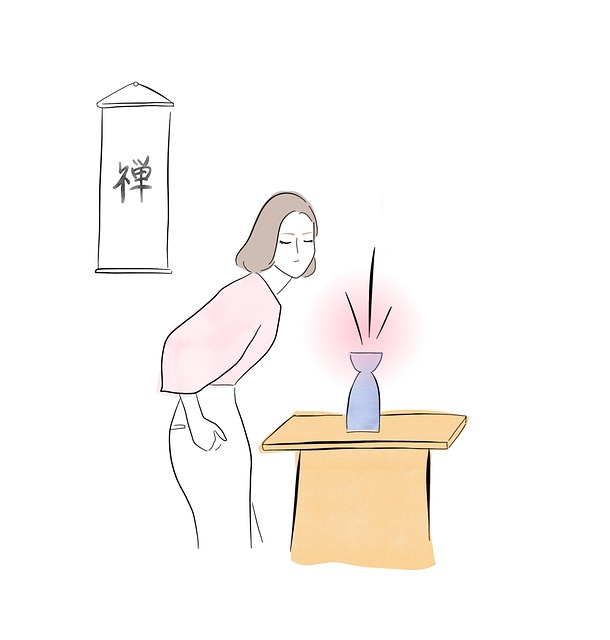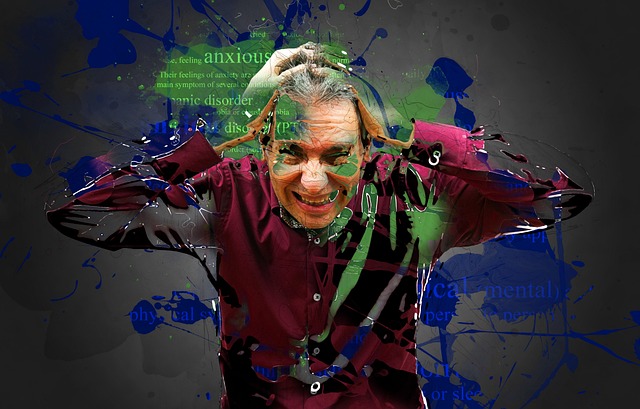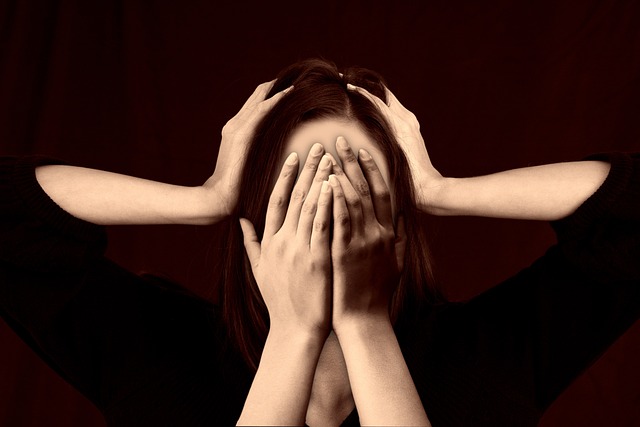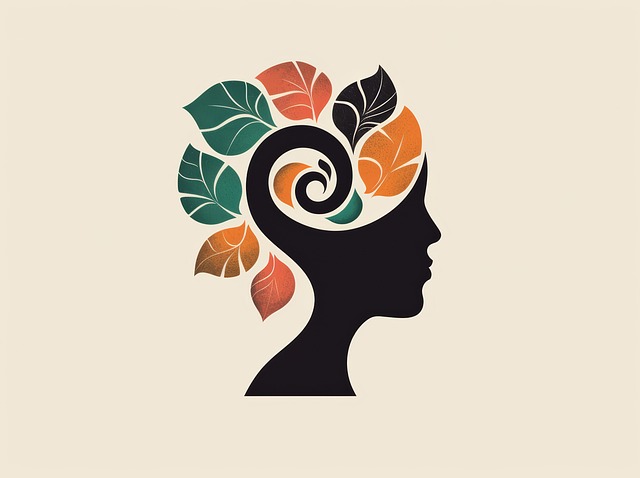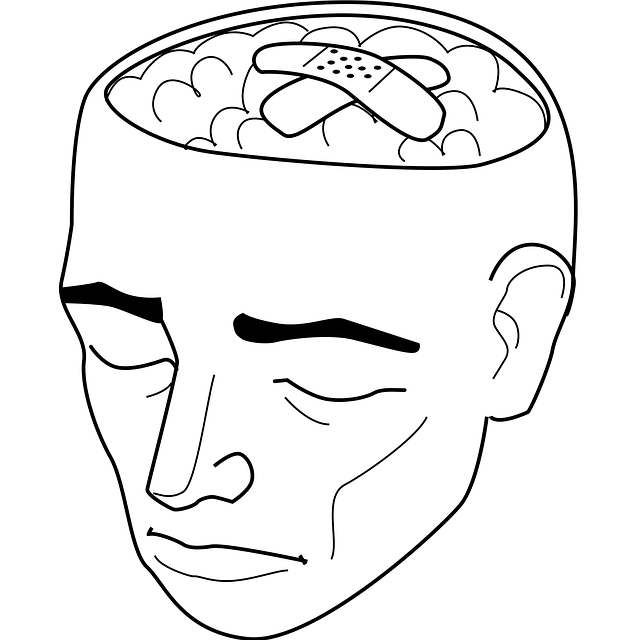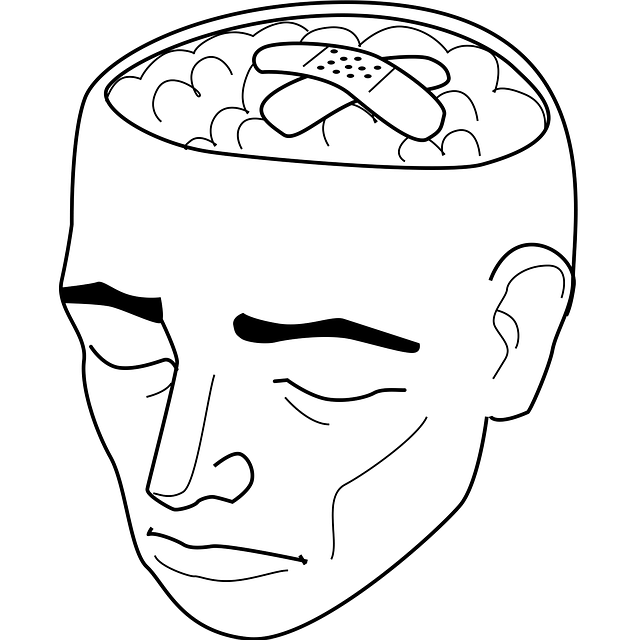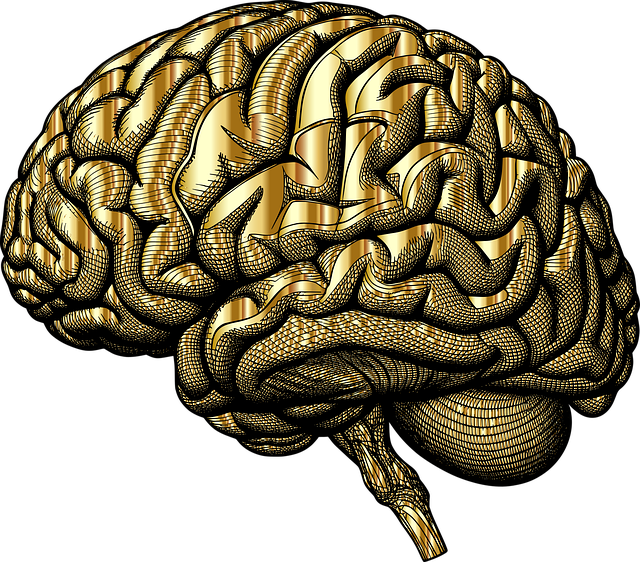Trauma significantly impacts young children's emotional and behavioral development, with early intervention crucial. Therapies like play therapy and trauma-focused CBT help process experiences and develop healthy coping mechanisms. Identifying sexual dysfunction in childhood is vital, as it can impact future relationships and mental health. Holistic approaches including specialized therapy, communication strategies, social skills training, and safe spaces facilitate emotional processing and build resilience. Support systems integrating stress reduction methods and tailored well-being promotion are essential for comprehensive healing, focusing on therapy for young children sexual dysfunction.
Trauma support services are vital in addressing the profound impact of traumatic events on young children. This article delves into critical areas surrounding childhood trauma, specifically focusing on sexual dysfunction and its effects. We explore effective therapy models tailored for young victims, emphasizing holistic healing approaches. By understanding the complex nature of trauma and implementing comprehensive support systems, we can foster a nurturing environment conducive to recovery. Additionally, we highlight strategies to identify sexual dysfunction early, ensuring prompt intervention and access to specialized therapy for young children with sexual dysfunction.
- Understanding Trauma and Its Impact on Young Children
- Identifying Sexual Dysfunction in Childhood
- Providing Effective Therapy for Sexual Dysfunction in Young Victims
- Building Support Systems for Comprehensive Healing
Understanding Trauma and Its Impact on Young Children

Trauma can profoundly affect young children, shaping their future emotional and behavioral development. It’s crucial to understand that trauma isn’t simply a one-time event; its impact accumulates over time, especially in early life when the brain is still developing. Children who experience trauma might exhibit various symptoms such as anxiety, depression, aggression, or even develop what appears to be irrational fears or behaviors. This can lead to challenges in their social interactions and academic performance.
Early intervention is key in supporting young children affected by trauma. Therapies like play therapy or trauma-focused cognitive behavioral therapy (TF-CBT) are effective tools for helping these children process their experiences. Specifically, TF-CBT equips them with healthy coping mechanisms and communication strategies to express their feelings. Furthermore, mental health awareness among caregivers and educators is vital; they can then employ conflict resolution techniques to navigate challenging behaviors, fostering a safe and supportive environment that promotes healing. Additionally, addressing any co-occurring issues like sexual dysfunction in therapy is essential for holistic recovery.
Identifying Sexual Dysfunction in Childhood

Identifying sexual dysfunction in childhood is a sensitive yet crucial aspect of trauma support services. Many children may exhibit unusual behaviors or struggles in understanding and expressing their emotions related to sexuality, which could be signs of underlying issues. This might include problematic interactions with peers, difficulty in forming intimate relationships later in life, or even repressed memories that require professional assistance to uncover.
Early intervention through therapy for young children with sexual dysfunction is key. Specialized therapists employ various communication strategies and social skills training to help these children process their experiences. By addressing these issues at a young age, therapists can prevent potential depression prevention challenges and equip them with healthy coping mechanisms. This holistic approach ensures that the child’s emotional, psychological, and social well-being are nurtured as they grow.
Providing Effective Therapy for Sexual Dysfunction in Young Victims

Trauma support services for young victims often extend to addressing sexual dysfunction, a complex issue that requires sensitive and specialized care. Effective therapy involves creating a safe, non-judgmental space for children to express their experiences and emotions related to sexual trauma. Techniques such as play therapy, art therapy, and cognitive behavioral therapy (CBT) are particularly beneficial for young individuals as they allow for age-appropriate communication and the processing of distressing memories.
Building resilience is a cornerstone of these therapeutic approaches, helping children cope with the aftermath of sexual abuse. Social skills training and group therapy sessions can also foster a sense of community and support, reducing feelings of isolation. Additionally, focusing on burnout prevention through regular breaks, stress management techniques, and a holistic approach to healing ensures that both the child and their caregivers receive the necessary tools to navigate this challenging journey effectively.
Building Support Systems for Comprehensive Healing

Building supportive systems is integral to fostering comprehensive healing for individuals who have experienced trauma, particularly young children suffering from sexual dysfunction. This involves a multi-faceted approach that goes beyond traditional therapy sessions. It includes integrating stress reduction methods and emotional well-being promotion techniques tailored to meet the unique needs of this vulnerable population. By creating safe spaces where children can express their experiences and emotions freely, support systems enable them to process trauma in age-appropriate ways.
In addition, leveraging technology through mental wellness podcast series production can extend support beyond the clinical setting. These podcasts offer a discreet and accessible way for young people to engage with healing narratives and learn effective coping strategies. Incorporating such innovative solutions ensures that trauma support services remain dynamic and responsive to the evolving needs of children navigating sexual dysfunction and its associated emotional challenges.
Trauma support services play a pivotal role in healing young children affected by sexual dysfunction. By understanding the profound impact of trauma and implementing comprehensive strategies, such as effective therapy tailored for young victims, we can foster robust support systems. These systems ensure holistic healing, addressing not just symptoms but also the underlying causes. Through dedicated resources and informed approaches, we can significantly improve outcomes for these vulnerable individuals, promoting their long-term well-being and resilience.
